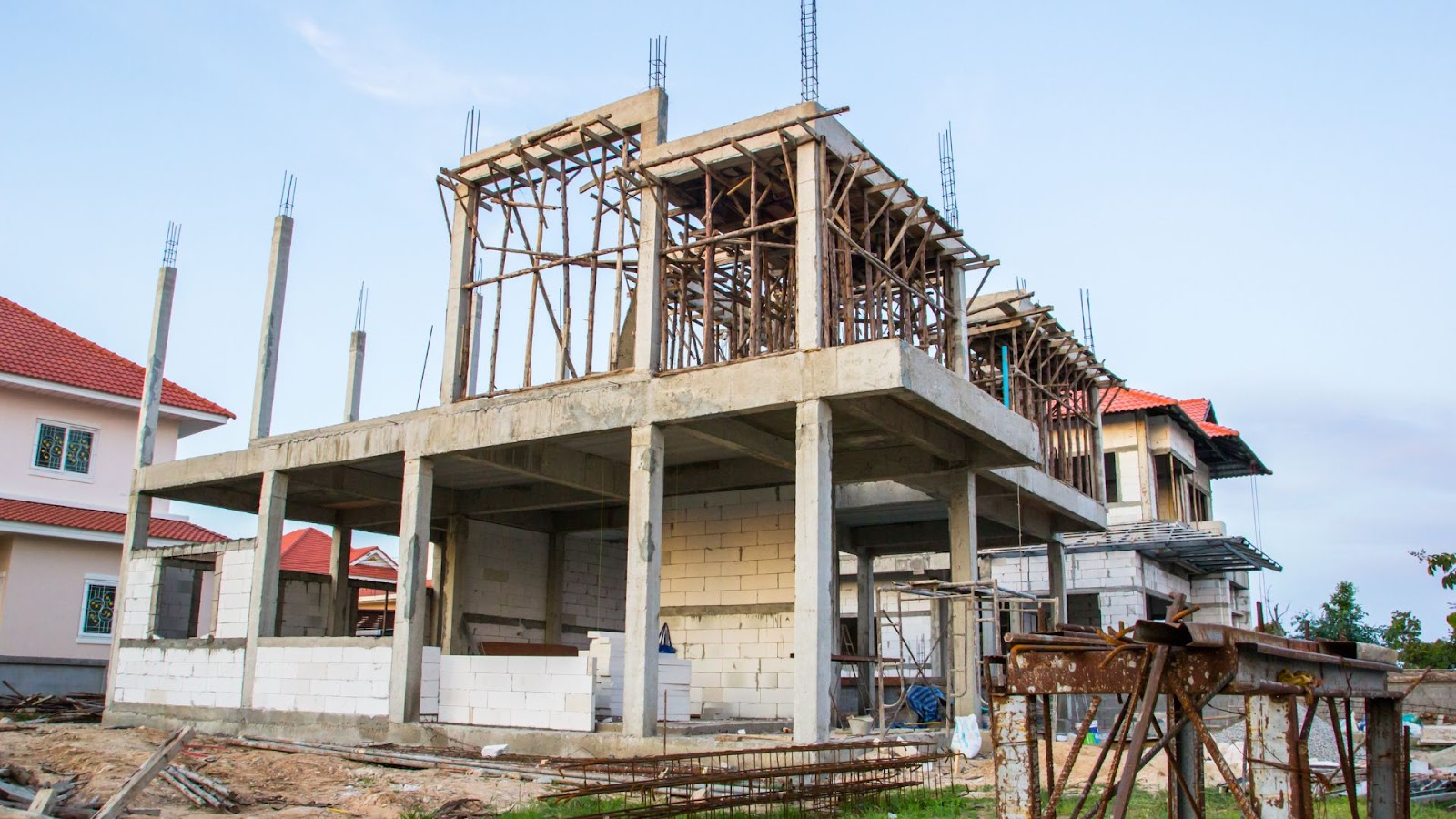
As a contractor, your Quantity Surveyor (QS) plays a major role in the success of any project. But if they’re not doing the right things, you could be leaving money on the table. Any QS worth their salt should be doing these three things without even thinking about it, but if they’re not, it’s time to reassess.
Read on to find out the three key things your QS needs to do to keep your projects on track and your profit margins healthy.
1. Cost value reconciliations (CVR)
CVRs are the bread and butter of managing project costs. They give you a clear snapshot of where your project stands financially. Every week, fortnight, or month, your QS should be updating your CVR to show if you’re on track with your budget. It tells you where the money is coming from and when it’s expected to come in, helping you track whether you’re on schedule to pay your bills and make a profit.
Managing a project without CVRs is like sailing a ship without a compass. You’ll have no clue if you’re sailing in the right direction or straight into an iceberg. By reconciling costs throughout the project, your QS can see if you’re overspending in certain areas and make adjustments early on to avoid delays or unnecessary costs.

2. Cash flow analysis
Cash flow is the lifeblood of any construction business. You need to know if your cash is flowing in and out as expected. If you’re not keeping track, you could be caught short when it’s time to pay your bills or fund the next project.
Your QS should be doing a regular cash flow analysis to make sure the payments you’re taking in from your client match what’s going out. This keeps you ahead of the game and on top of any cash flow issues before they become a real problem.
3. Using First Principles
The first principles method breaks down your costs to their most basic components. Your QS should use this approach to make sure everything is priced correctly. For example, if a particular activity on-site is taking longer than expected or costing more, your QS can identify why and make a move to fix it.
Using first principles helps identify where you’re over or underpricing so you profit properly on each task. It also gives you a deeper understanding of your costs so you can make better decisions about how best to use your budget.

Conclusion
Your QS should be doing more than just ticking off items from a list. They should be actively managing your project’s financial health with CVRs, cash flow analysis, and a first principles approach. Whether you’re at ground floor level or near completion, these practices keep you on top of your costs and help prevent nasty surprises.
It’s key to make sure your projects stay profitable and on track. So, if your QS isn’t doing these things, it’s time to reconsider how they’re managing your projects and contact us at Carroll Estimating to work with our team of expert QSs to take you from tender bid to final account.
